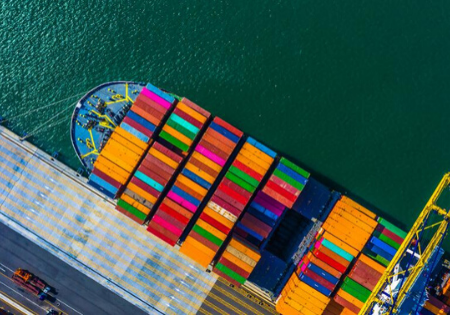
As the start of a new decade peers over the horizon, many business leaders will be looking back on how much has changed over the last ten years. The smartphone has transformed everything, AI and automation have begun to take hold, Brexit and wider geopolitics have overwhelmed decision-making–there’s a lot to reflect on.
While technology was definitely the game-changer in the 2010s, next year heralds a new focus for business leaders around the world: sustainability. Sustainability isn’t just about recycling or fair trade practices, as important as these are. It touches every part of a company, from its supply chain operations, to its talent practices, to the physical workspace itself. In 2020 and in the years beyond, this shift to sustainable business will take shape in several major, transformational ways.
Supply chains: Going circular
The first fundamental shift we will see in the next year will be some of the world’s biggest companies actively transforming their supply chains to become “circular,” under pressure from ethically-minded consumers. With consumers now looking to the corporate world to help them reduce their carbon emissions and cut down on the plastic filling our oceans, in 2020, the onus is firmly on businesses.
To start making the right moves before it’s too late, businesses need to move from an “out of sight, out of mind” production model to being accountable for their whole end-to-end supply chain. This means no longer simply making shampoo and shipping it out in a plastic bottle, but being responsible for where that bottle ends up and how it gets there.
In 2020 we are likely to see at least one major global CPG strike up a deal with retailers for “refill stations,” where consumers can get discounts on their shampoo by taking old bottles back to be refilled, drastically cutting plastic waste and reducing carbon emissions. But circularity is not just about returns. Big companies will take more responsibility for the front end of their supply chain too, with ethical sourcing and provenance of product also an important part of the puzzle.
Source: Forbes
